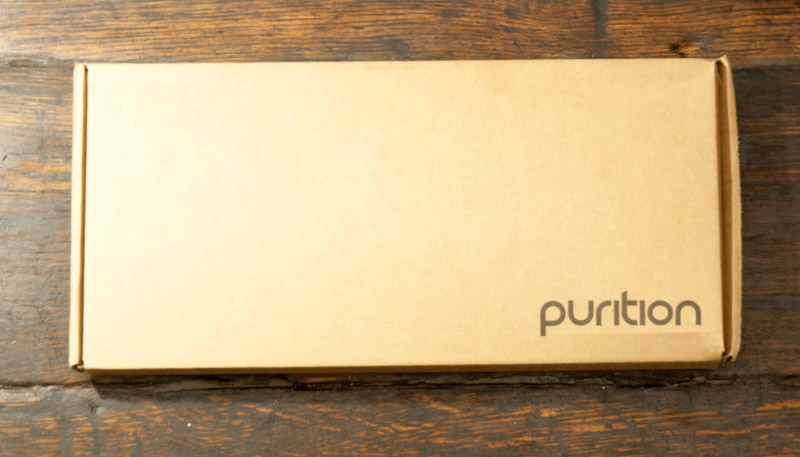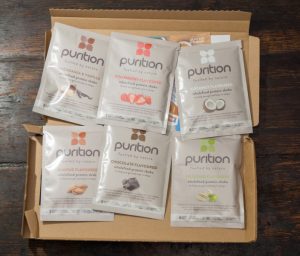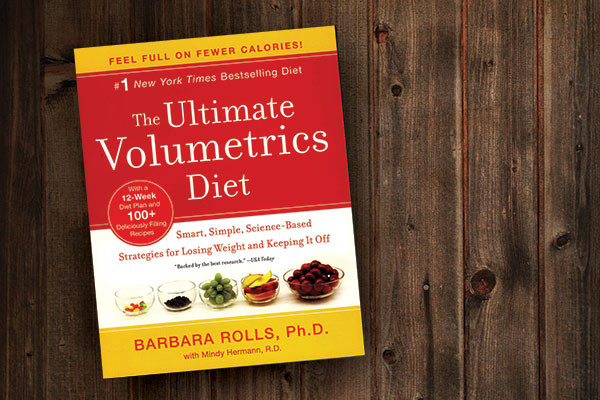
Omega-3 & 6 Supplement Lifts Reading Scores Amongst Children By 64 Percent
Children given an Omega-3 & 6 supplement show significant improvement in reading ability in just three months.
A randomised control clinical trial (RCT) by scientists at the University of Gothenberg in Sweden is the first to confirm that Omega-3/6 supplementation benefits children in mainstream school, not just those with behavioural or learning difficulties
Children given Equazen demonstrated a five times improvement in decoding nonsense words and 8% better visual analysis in comparison to a placebo group receiving a dummy pill
The clinical study is being showcased just before the Education Show at NEC Birmingham along with new UK research that shows 84% of children sometimes struggle with homework, with 54% of parents saying children today are under more pressure to perform academically
Encouraging more children to supplement their diet with omega-3/6 could be the key to boosting reading ability, according to new RCT study by scientists at the University of Gothenberg in Sweden. The clinical study is the first to confirm that omega-3/6 supplementation with Equazen will benefit all children, and not just those with behavioural or learning difficulties.
As part of the research study, the reading ability of 154 children who were split into two equally matched groups were assessed with half receiving Equazen and the other half receiving a placebo (dummy pill). Those receiving the supplement showed 64 per cent greater improvement in reading than the placebo group. The time they took to decode nonsense words showed five times the improvement of the control group and their visual analysis was 8 per cent ahead.
The results revealed a significant learning gap between the children taking the supplement and those receiving the dummy pill, with those who had taken the Omega-3/6 supplement (Equazen) experiencing major improvements in reading in just three months. In particular, children with attention issues showed treatment benefits.
The clinical study holds substantial value in the UK where a new survey finds that four out of five (84 per cent) children sometimes struggle with their homework putting families under intense pressure.
With over half of parents admitting their children are under more pressure to perform academically and are being tested more frequently than they ever were, Omega-3 supplementation has a significant potential to help relieve both parents and children of some of the homework stress.
Additionally, the survey has found that fewer than half (44%) of the children in this latest research survey read a book before bedtime and when they do read, attention spans are short.
On average, children concentrate on a book for just 30 minutes and one in eight (13%) can manage no more than 10 minutes. Only 13% are happy to read for an hour or more. This is in stark contrast to the time they can spend at a screen. On average, they can concentrate on their favourite computer game for 53 minutes — almost twice the time they will happily spend with a book. Similarly, just over a quarter (27%) can concentrate on a computer game for an hour or more, compared to a mere 13% who will focus on a book for that time.
So why is that the case? Dr. Hilary Jones joins us to discuss.
Patient Talk:- Can you tell us about the fatty supplements and why they are needed in our diets?
Dr Hilary Jones:- Essential fatty acids are essential for human health and we can’t make them in our bodies so we have to get them from our diet and they’re particularly important in terms of brain function and heart health. For example a growing baby, in the last trimester of pregnancy and until the first year of life, the brain is growing by 260%. 60% of the brain is fat, a high proportion of that is DHA, one of the Omega 3 fatty acids. So it’s essential the babies in the womb and mothers are provided with sufficient quantities of essential fatty acids in their diet and we know from a growing body of evidence that its importance, not just in cognitive function in childhood and as we grow older, it is important in protecting the heart against a number of disorders.
Patient Talk:- How the research conducted and what was were the main results from it?
Dr Hilary Jones:- Well this particular research was conducted on Ecquazen, a supplement with Omega 3 and 6 a particular ratio by weight, so a 9:3:1 ratio. The research on this supplement showed that in a randomised controlled clinical trial by the University of Gothemburg in Sweden, that they were able to increase reading comprehension scores by 64%, in just three months of taking the supplements. What they did was they divided the children into two groups; one group who took the supplements for three months and the other group who just took a placebo. The doctors were double blinded, they didn’t know what the children were taking and they got these significant results. Furthermore, they then swapped the groups around so the children taking the placebo group, took the supplement and they too, showed a significant improvement in reading comprehension, so it was a very well designed study and it’s been peer reviewed and published and its very convincing evidence, after a long line of other research suggesting that it’s not just children with diagnosed learning difficulties but mainstream children with no identifiable problems that can benefit in terms of reading and cognitive skills.
Patient Talk:- What are the best sources of Omega 3 and 6 that occur naturally?
Dr Hilary Jones:- Well, by far the best source is oily fish. Fish like herring, salmon, tuna, mackerel, pilchards, sardines and unfortunately it is difficult to get children to enjoy those foods and even amongst adults, particularly the UK, the US and other developed countries in the world, we know that many, many people, probably more than 95% are deficient in adequate levels of Omega 3.
Patient Talk:- Now are dietary supplements a good or bad idea for children, compared to a diet?
Dr Hilary Jones:- In an ideal world, you would get everything you need from a healthy, well balanced diet, but we don’t live in that ideal world. It is difficult to get affordable, plentiful oily fish, even if you can get children to eat it, so sometimes it is worth looking at supplements, provided they’re from a good sustainable source and they’re researched, they come from a reputable company and what you get on the tin, is exactly what it says it contains and you know it’s safe, then I think something you take (unclear wording) is very well worthwhile, particularly when we know from a survey carried out by Equazen, so many parents are worried about whether their children are getting the stimulation they need to maximise their education and maximise their concentration and reading skills. Even with good tuition, one in ten people in parts of the UK are paying for private tuition on top of their school education so clearly there is a worry that we are not doing what we can currently to maximise our children’s potential.
Patient Talk:- Now are there any risks associated with too much omega 3 and 6 in a diet?
Dr Hilary Jones:- No, you’d have to take very huge quantities, to even remotely come anywhere near causing side effects and I certainly have never met a patient that developed side effects as a result of taking too many Omega 3’s.





